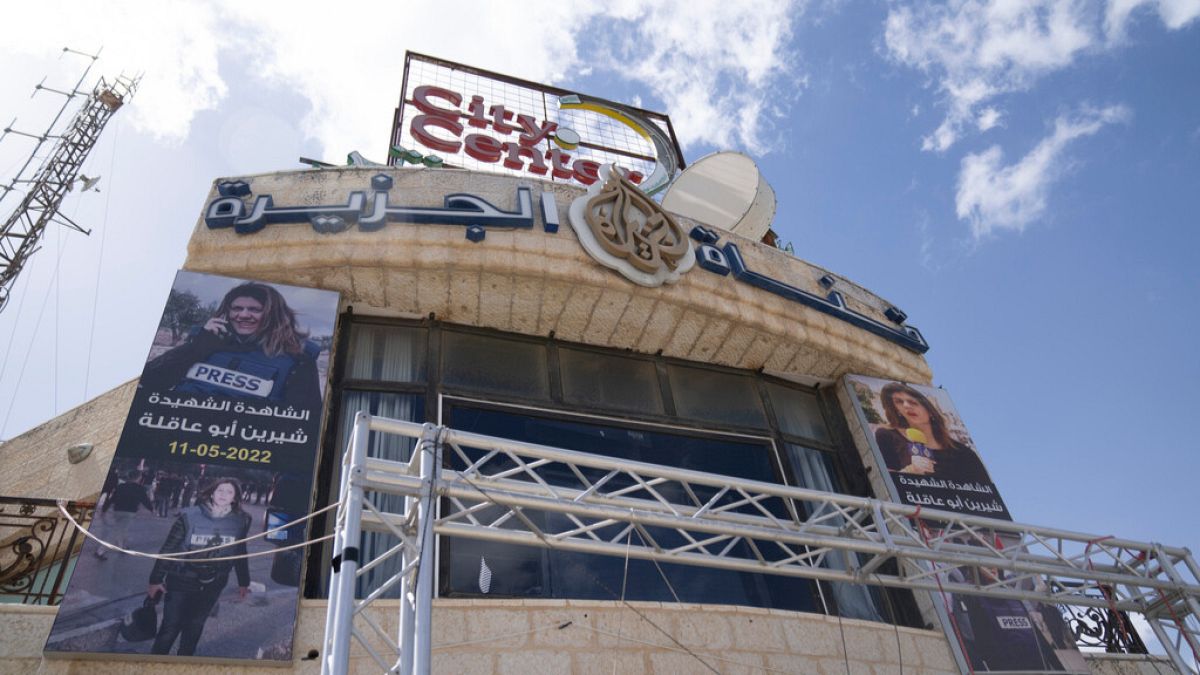Al Jazeera, a Qatar-based television news channel, has been accused by the Israeli army of employing six journalists who are current or former fighters for Palestinian militant groups like Hamas and the Palestinian Islamic Jihad. Israel claimed to have found documents in Gaza that allegedly prove the journalists’ affiliations with these groups. However, Al Jazeera has denied these accusations, stating that they are fabricated and part of a broader campaign against the network. The Israeli army released documents showing the rank, role, enlistment date, and battalion of each journalist, claiming they held positions such as sniper, infantry soldier, fighter, captain, training coordinator, and propagandist.
The accusations against the journalists have sparked debate about the freedom of the press, especially in conflict zones like Gaza. Al Jazeera is one of the few news organizations that continue to broadcast from the besieged area, shedding light on the realities of the war. Most foreign journalists are not allowed access inside Gaza due to the Israeli blockade, and those that are allowed rare trips are heavily escorted for their safety. Al Jazeera and other groups have condemned the accusations as an attempt to silence journalists and obscure the truth from global audiences. The Committee to Protect Journalists (CPJ) released a statement in support, calling out Israel for repeatedly making similar unproven claims without credible evidence.
Some of the journalists named by Israel, such as Anas al-Sharif, have gained popularity among Palestinians and in other Middle Eastern countries for their live coverage of Gaza. Despite its popularity in the region, Al Jazeera is banned in Israel, with its operations ordered to be shut down by an Israeli court in May. This marked the first time Israel had closed a foreign news outlet, and Israeli police have since raided hotel rooms and offices related to Al Jazeera to enforce the closure. Similar documents alleging ties to Hamas were produced by Israel after two Al Jazeera journalists were killed in an airstrike in Gaza City, but the CPJ pointed out contradictions in the evidence, such as claims that one journalist received a Hamas military ranking at the age of 10.
Tensions between Al Jazeera and Israel have been ongoing even before these recent accusations, with the killing of a Palestinian-American journalist by Israeli forces in the West Bank earlier in the year. This incident, along with Al Jazeera’s coverage during the US occupation of Iraq and airing videos of Osama bin Laden, have further strained the relationship between the network and Israel. Although Al Jazeera has been a target of criticism, it remains a valuable source of information for many in the Middle East and beyond. The accusations against its journalists highlight the challenges faced by reporters in conflict zones and the importance of press freedom in providing accurate and unbiased coverage.










